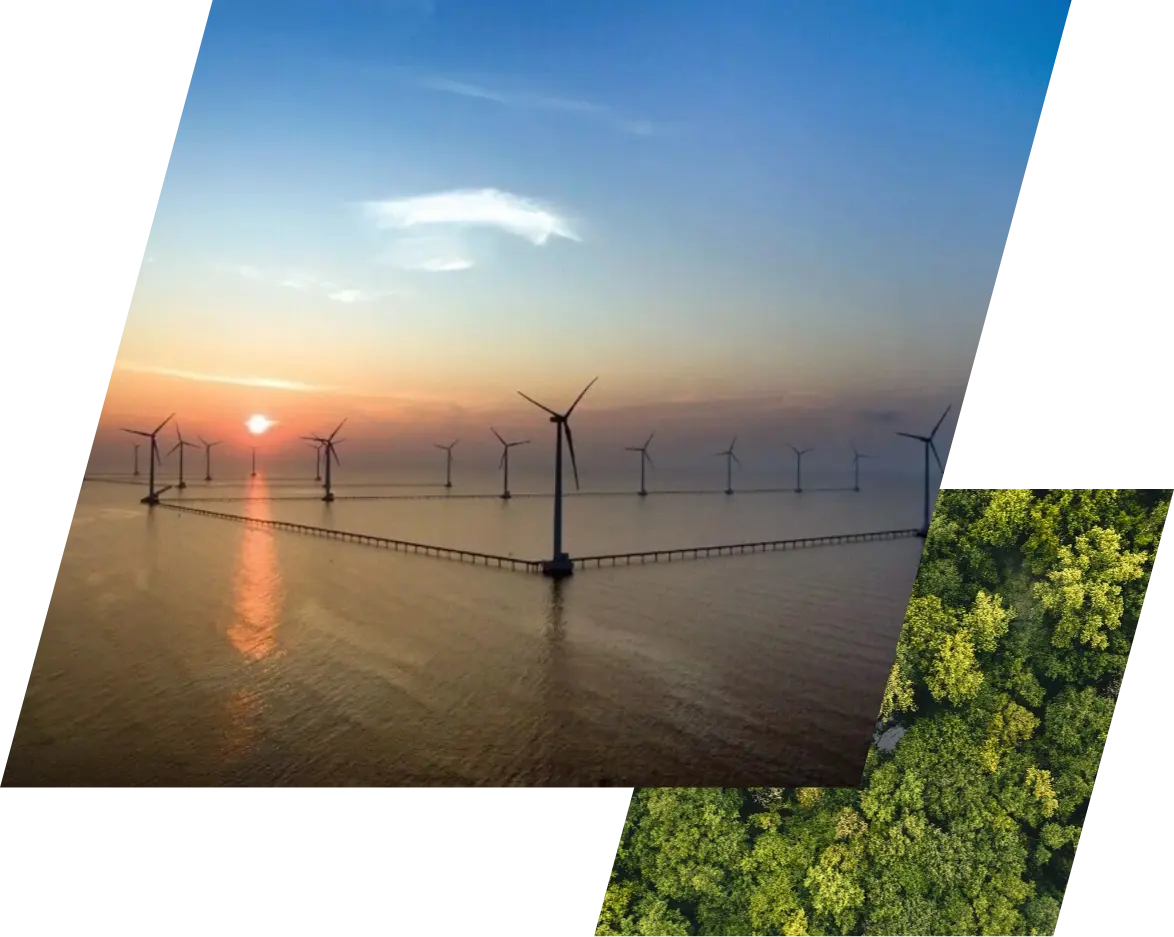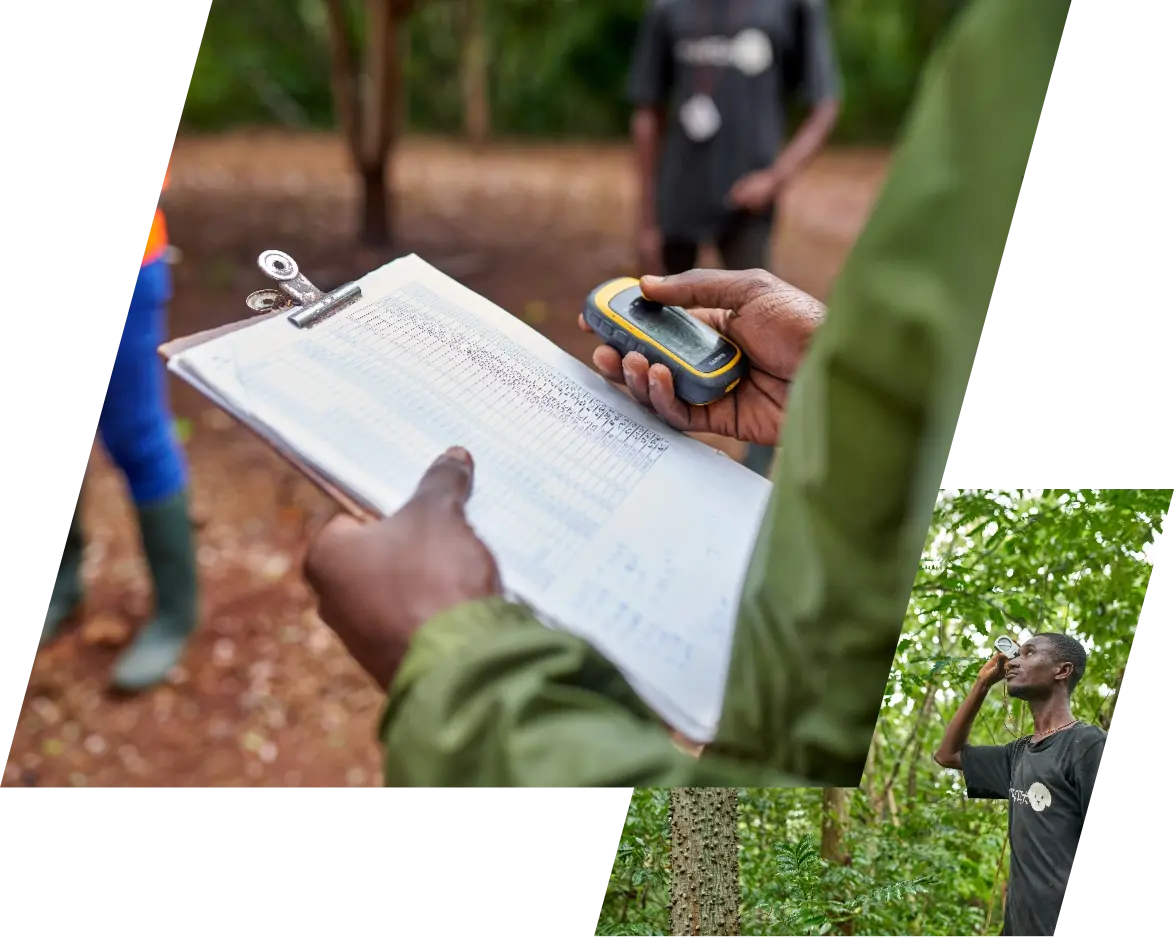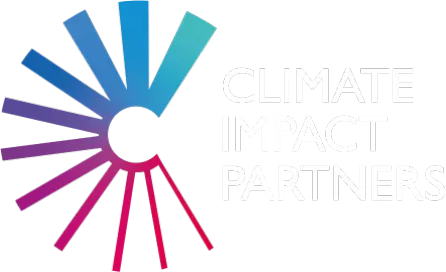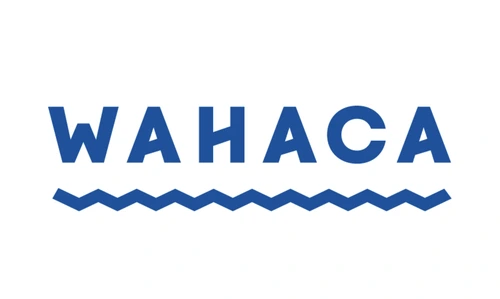Selecting high-quality carbon credits is crucial for ensuring meaningful climate impact. Here are the key steps to get you started:
Verify:
Begin by verifying that the credits are certified by reputable standards registered with International Carbon Reduction and Offset Alliance (ICROA) such as Gold Standard or
Verified Carbon Standard (VCS), which guarantee rigorous monitoring and verification processes.
Confirm additionality:
Consider the project's additionality, ensuring that the emissions reductions would not have occurred without the project's implementation.
Measure the benefits:
Look for projects with clear, measurable benefits that align with your sustainability goals, such as emissions reductions,
biodiversity protection, or community benefits.
Ensure transparency:
Prioritize credits from projects with a strong track record and transparent reporting.
Qualify the location:
Consider the location of the projects. Do they align with your business activities or resonate with your stakeholders?
Think about potential political or organisational risks that might impact project delivery.
Strength in diversification:
Build a diverse portfolio. Diversifying your carbon portfolio can spread risk and enhance overall impact.
Combine various project types and locations to create a balanced and robust approach.
Establish your budget:
Prices can vary, so explore the options and consider which best suits your climate goals and budget. Pricing can be influenced by certification standards, location, project type, co-benefits, size, implementation costs, duration, risk management, monitoring, and community engagement.
At Climate Impact Partners, as carbon market specialists, we can help you find the right projects tailored to your requirements.
Dot the I's and cross the T's:
Think about who you are buying from.
-
-
Are they reputable?
-
-
Are they an ICROA accredited organisation?
-
-
Will they help you pick quality projects?
-
-
What support do you need to assess the risks, understand how to communicate the impact and keep up to date with the project over time?
At Climate Impact Partners, we can do all of this for you.












































